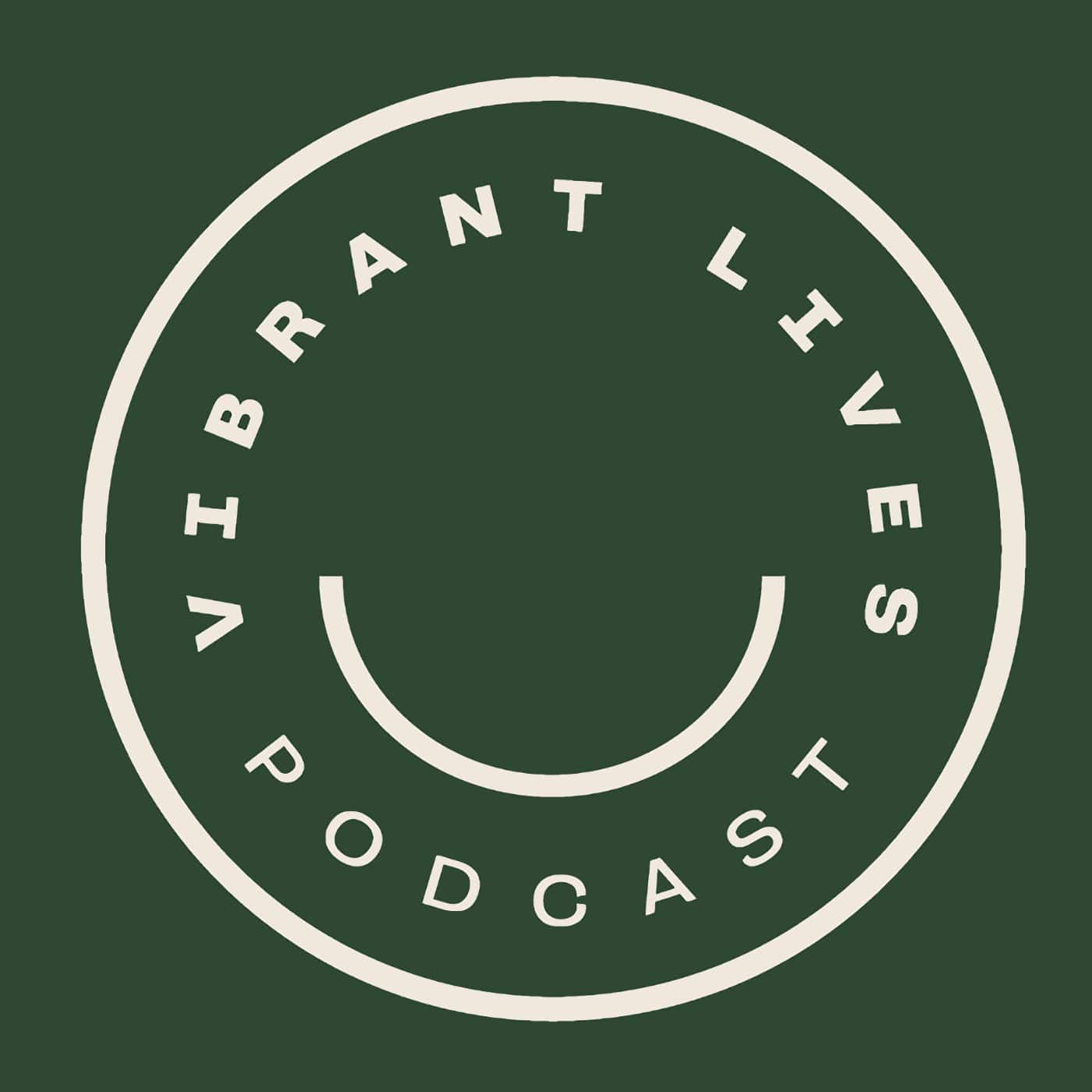My chat today with Rachelle Martin and Olaf Sorensen is anything but dull! These two are the ultimate self-experimenters, particularly when it comes to diet (and, in Olaf’s case, finding the perfect exercise regime but that will be the subject of another podcast).
Both Rachelle and Olaf started experimenting with a low carb diet several years ago, Rachelle, to correct some health issues and Olaf, to find the optimal way to manage his energy for long distance running e.g. ultra marathons. We heard about Rachelle's ketogenic diet in Episode #7 of Amanda’s Wellbeing Podcast (link below). Olaf, as you will hear, found the low carb way of eating agreed with his physiology but not content to stop there, he took it further and experimented with the carnivore diet and says, he felt so good, he never went back. Today, Olaf eats meat, organ meat, fat and eggs. We chat about the importance of the source of protein consumed and Olaf’s business with his parents, Grassland Nutrition, where they produced freeze dried organ meats in both powdered and capsule form. Links below.
For many people, this style of eating may sound extreme and (quite rightly) ring alarm bells - where is the dietary fibre and vitamin C and what about antioxidants? Rachelle chats to us from a nutritionist's point of view about where those nutrients are obtained in a carnivore style diet. She also shares her view on who could try the carnivore diet and who should avoid it.
I still love plants but I am fascinated by what Rachelle and Olaf are discovering and we briefly touch on whether genetics may play a role.
At the end of the podcast, Olaf brings up Wim Hof (AKA “Iceman”) and it turns out Rachelle has signed up for his course. Is there anything these two won’t try? Perhaps their nordic heritage plays a role in how they respond to their diets and why they are attracted to immersing themselves in freezing water.
LINKS:
Rachelle Martin - If you want to connect with Rachelle and you live in Adelaide, you can contact her at her office: Unley Park Nutrition – Telephone: (08) 8373 4944
You can also connect with her via Instagram: @rachellemartin69
GLOSSARY:
Anti-nuclear antibodies (ANA): Antinuclear antibodies are a group of
autoantibodies produced by a person's
immune system when it fails to adequately distinguish between "self" and "non-self." The ANA test detects these autoantibodies in the blood and is one of the primary tests for helping to diagnose a suspected
autoimmune disorder or rule out other conditions with similar signs and symptoms.
Apoptosis: The natural process of programmed cell death. During life there is a constant death and renewal of body cells. Failure of apoptosis is implicated in the development of cancers.
Insulin resistance (IR): IR refers to an impaired response of the body to insulin, resulting in elevated levels of glucose in the blood (a key component of type 2 diabetes).
Lean mass hyper responder: A person who sees a significant rise (usually 50% or more) in their LDL cholesterol after adopting a low carb diet.
Lipid profile: A lipid profile test looks at the various levels of cholesterol and other fats in your blood.The lipid profile includes total cholesterol, HDL-cholesterol (often called good cholesterol), LDL-cholesterol (often called bad cholesterol), and triglycerides. Lipids and cholesterol are fat-like substances in the blood and some are necessary for good health. However, if you have a high level of LDL-cholesterol and triglycerides, then you have an increased risk of heart disease. (Reference:
https://www.healthdirect.gov.au/cholesterol-and-lipid-tests)
Lipid subfracination: Lipoprotein sub-fraction tests separate the commonly measured lipoprotein fractions LDL (Low Density Lipoprotein, often called the bad cholesterol) – into sub-fractions based on the size, density, and/or electrical charge. Some studies have shown that small dense LDL particles are more likely to cause
atherosclerosis than light fluffy LDL particles. Researchers think that the presence of small dense LDL could be one of the reasons that some people have
heart attacks. (Reference:
https://www.labtestsonline.org.au/learning/test-index/lipoprotein-subfraction-testing)
Nutrigenomics: Nutrigenomics is broadly defined as the relationship between nutrients, diet, and gene expression.


